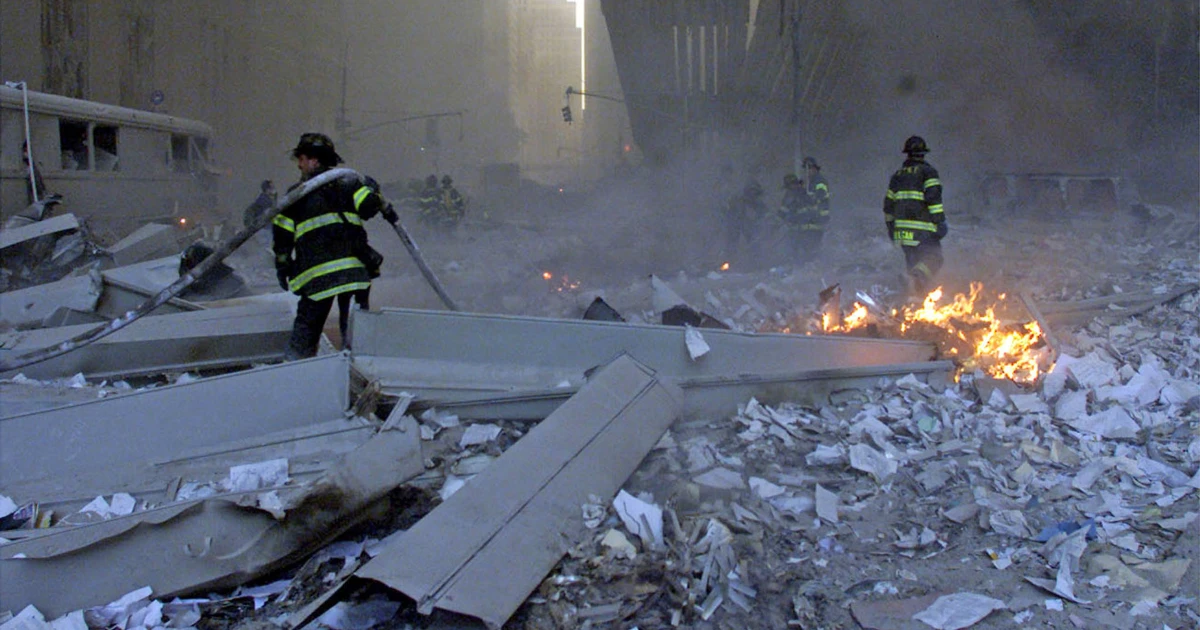risingtideproject.org – The events of September 11, 2001, marked a turning point in global history, leaving an indelible scar on the American psyche and reshaping the world’s approach to security and terrorism. The immediate aftermath of the attacks was characterized by a sense of disbelief, sorrow, and a collective resolve to rebuild and recover. This article delves into the multifaceted aspects of the aftermath and recovery process following the 9/11 terrorist attack.
The Initial Response
In the hours and days following the attacks, the world witnessed an unprecedented display of heroism and resilience. First responders, including firefighters, police officers, and medical personnel, rushed to the scenes of the attacks, risking their lives to save others. The bravery of these individuals became a symbol of the nation’s strength in the face of adversity.
The Human Toll
The human cost of the attacks was staggering, with nearly 3,000 people losing their lives. The loss was not only felt by the families of the victims but also by the entire nation. The outpouring of support and solidarity was a testament to the collective grief and determination to honor the memory of those who perished.
The Cleanup and Recovery Efforts
The cleanup and recovery efforts at the World Trade Center site were monumental. The debris from the collapsed towers had to be carefully sifted through in search of human remains and personal effects. This process was both physically and emotionally taxing for the workers involved.
The Rebuilding Process
The rebuilding process was not just about constructing new buildings; it was about restoring a sense of normalcy and security. The construction of One World Trade Center, also known as the Freedom Tower, became a symbol of resilience and renewal. The surrounding area was transformed into a vibrant district, including the 9/11 Memorial and Museum, which serves as a lasting tribute to the victims and survivors.
The Impact on National Security
The attacks prompted a reevaluation of national security policies and the establishment of the Department of Homeland Security. Air travel security was significantly tightened, and the USA PATRIOT Act was passed, expanding the powers of law enforcement and intelligence agencies to prevent future attacks.
The Long-Term Health Effects
The long-term health effects of the 9/11 attacks have been profound, particularly for those who worked at the Ground Zero site. Many first responders and recovery workers have suffered from respiratory diseases, cancer, and mental health issues. The James Zadroga 9/11 Health and Compensation Act was enacted to provide medical treatment and compensation for those affected.
The Psychological Impact
The psychological impact of the attacks cannot be overstated. The fear of another attack and the constant state of vigilance have influenced American society and its interactions with the rest of the world. The anniversary of 9/11 continues to be a time of reflection, remembrance, and unity.
Conclusion
The aftermath and recovery from the 9/11 attacks have been a complex and ongoing process. It has involved rebuilding not just the physical structures but also the emotional and psychological well-being of those affected. The events of that day have forever changed the landscape of America and the world, but they have also demonstrated the indomitable spirit of resilience and the power of collective healing.
